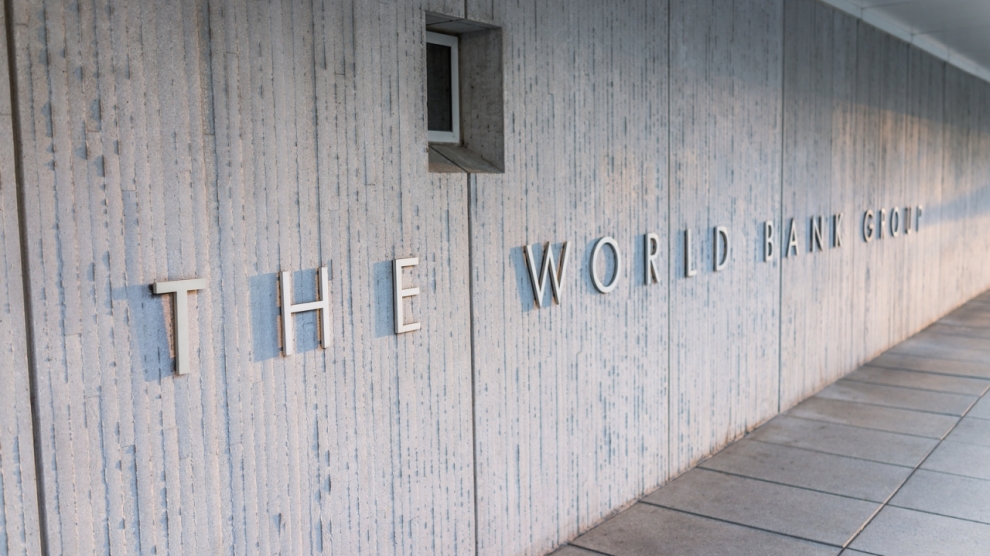It will take as many as six decades for income levels in the Western Balkans to catch up with those of the European Union (EU) if economies in the region continue to grow at the average speed achieved between 1995 and 2015, says the World Bank’s Western Balkans: Revving Up the Engines of Growth and Prosperity report, looking at how Albania, Bosnia and Herzegovina, Kosovo, Macedonia, Montenegro and Serbia can speed up economic growth and achieve faster income convergence with the EU.
“In recent years, the Western Balkan countries have made strides in reforming public finances and rekindling economic growth, but citizens may not yet feel the benefits of this progress,” said Linda Van Gelder, World Bank director for the Western Balkans. “Focus on structural reforms can speed up economic growth and boost livelihoods so that income levels can catch-up with those in the European Union.”
According to the report, reforms and macroeconomic stability that can enable average growth rates of 5 per cent a year would allow the Western Balkans to converge with the EU in just two decades, instead of six.
While average growth in the region of 5-6 per cent annually in the years before 2008 was faster than both in the EU and worldwide, this growth halved following the global financial crisis — stalling the pre-crisis convergence of countries in the Western Balkans with EU living standards and calling for a new growth model based on higher productivity and investment, more exports, and a greater role for the private sector.
“The growth we witnessed in the region in the years leading up to the global financial crisis is evidence of the overall economic potential of the Western Balkans,” says Harald Waiglein, director general for economic policy, financial markets and customs duties at the Austrian Ministry of Finance. “The key, now, is to prioritise policies that can spur private sector investment, help deepen regional integration, and create jobs.”
According to the report, increasing exports, investments, and employment are all priority areas for policymakers. Stronger regional integration can help raise exports as a share of GDP, which would have to double in order to match those of other small transition economies that are now in the EU, while private investment in countries where the public sector is still the main driver of the economy will also need to increase. Low and slow-growing productivity levels in the Western Balkans call for improvements in the business environment that can attract private investment and spur enterprise growth.
The unemployment rate in the region is almost two times higher than in other small transition economies that are now in the EU. With half of the working age population in the region seeking work and a quarter of job-seekers failing to find it, the need to increase participation in the labor market in the region remains key. This can be done by addressing disincentives for work, while simultaneously removing barriers to employment faced by older workers, youth, women, and minorities.
“The growth outlook in the Western Balkans is positive, with regional growth expected to increase to 3.6 per cent by 2019,” World Bank Country Director for Western Balkans, Linda Van Gelder, told Emerging Europe. “The growth outlook is, however, vulnerable to the risks of policy uncertainty and policy reversals, which would negatively impact investment and growth. Ongoing fiscal consolidations in Albania, Serbia, and Bosnia and Herzegovina, and the recent fiscal adjustment in Montenegro are expected to reduce risks and improve confidence. To be prepared for shocks including natural hazards, Western Balkan countries need fiscal space for maneuver. Thus, it is essential to ensure fiscal sustainability. In addition, it is important to maintaining reform momentum to improve the business climate, build human capital, and ensure that all citizens have equal opportunities.”
Mrs Van Gelder also pointed out the importance of investment: “At least 25 perc ent of GDP in investment is required for a strong and sustainable growth, and investment rates in an average upper-middle-income country is more than 30 per cent of GDP,” she said. “With the exception of Albania, investment rates in Western Balkan countries are somewhat lower. Rebalancing the economies from consumption-driven to investment-driven growth is not an easy task. Macroeconomic stability is a precondition for a strong investment climate, reducing investor uncertainty and safeguarding gains during shocks. In addition, bold reforms to remove barriers to investment, increase firm-level productivity, and spur regional and global integration would help attract and retain investment.”






Add Comment